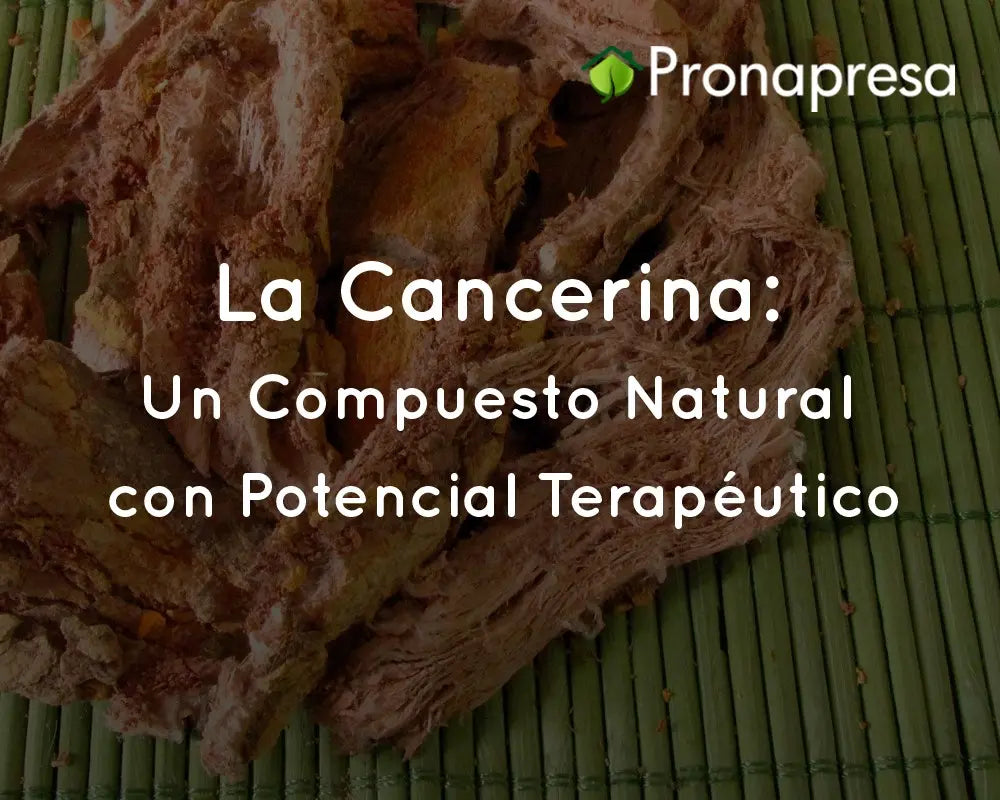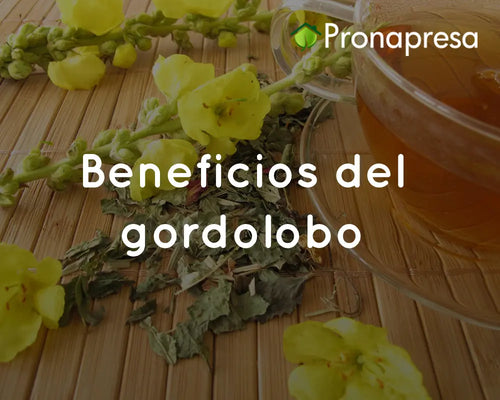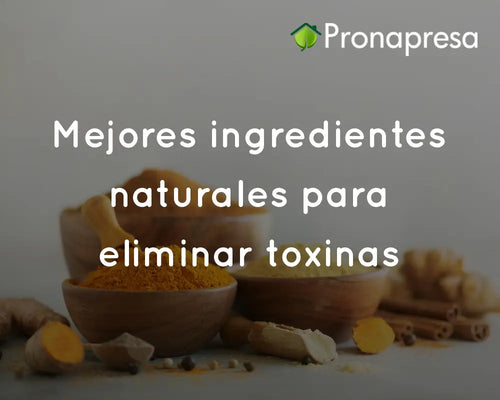
In the world of health and wellness, new discoveries are constantly emerging that capture the attention of researchers, health professionals, and healthy living enthusiasts. One of these recent discoveries that has generated interest is carcinin. In this article, we'll explore what carcinin is, what it's used for, and its potential health benefits.
What is Cancerina?
Cancerin is a natural compound found in certain plants, and its name comes from the "cancerin" plant (Sedum acre), which is the primary source of this compound. This plant belongs to the Crassulaceae family and has traditionally been used in folk medicine for its potential medicinal properties.
Composition and Properties of Cancerina
Cancerina is known to contain a variety of bioactive compounds, including alkaloids, flavonoids, and phenolic compounds. These elements are responsible for the medicinal properties attributed to cancerina.
Among the most studied properties of carcinogen are its anti-inflammatory, antioxidant , and possibly anticancer effects. These aspects make carcinogen a subject of scientific research to better understand its potential impact on health.
What is Cancerina used for?
Throughout history, Cancerina has been used in various cultures as a traditional remedy for various ailments. Some of the most common uses include:
-
Natural Anti-inflammatory: Cancerin has been traditionally used to relieve inflammation in various parts of the body, being used in ointments and poultices.
-
Healing: It is said to have healing properties, promoting skin regeneration and helping in the recovery of wounds and cuts.
-
Treatment of Digestive Problems: Some traditions have used it to relieve digestive problems , such as stomach discomfort and mild gastrointestinal disorders.
Scientific Research on Cancerina
Although cancerin has been used in traditional medicine for a long time, scientific research on its effects and health benefits is relatively recent. Several studies have shed light on the properties of cancerin and its potential impact on the prevention and treatment of certain diseases.
1. Antioxidant Properties:
Carcinin has been shown to possess antioxidant properties in laboratory studies. Antioxidants are substances that can help combat oxidative stress in the body, a factor associated with various chronic diseases.
2. Anti-inflammatory Activity:
Research has suggested that carcinogen may have anti-inflammatory properties, making it a potential candidate for the development of natural treatments for inflammatory conditions.
3. Anticancer Potential:
Although more research is needed in this area, some preliminary studies have explored the anticancer potential of carcinin. Certain components of carcinin have been observed to inhibit the growth of cancer cells in certain types of cancer.
How to Incorporate Cancerina into Your Daily Routine
While research on carcinogen is in its early stages, many people are looking to incorporate it into their daily routines for potential health benefits. Here are some ways you can do so:
1. Supplements:
There are cancerin supplements available on the market. Before starting any supplement, it's important to consult with a healthcare professional to determine the appropriate dosage and ensure it's safe for your specific situation.
2. Teas and Infusions:
Some people choose to make teas or infusions with dried leaves of the Cancerina plant. This can be a natural and comforting way to incorporate this compound into your diet.
3. Ointments and Creams:
For those seeking to benefit from the healing and anti-inflammatory properties of cancerin, there are ointments and creams containing this compound. They can be applied externally to affected areas.























































